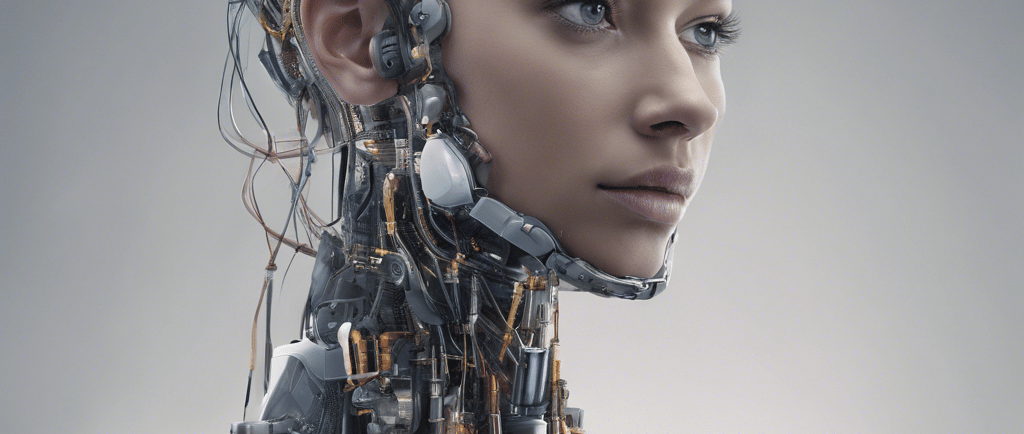AI or human career coach: which is better?
AI
9/18/20242 min read


Imagine having a career coach who is always available, can process vast amounts of data in seconds, and is completely free from all unconscious biases. Sounds ideal? But what if that same coach couldn’t quite understand when you’re finding it stressful navigating the job market following redundancy or are upset about being rejected after an interview? That’s where the human touch comes in. In 2022, a study found that AI was as effective as a human coach when it came to achieving goals, but when it came to empathy and well-being, the AI fell a short.
So rather than pitting AI and human career coaching against each other, why not harness the best of both worlds? Combining the data-crunching power of AI with the empathy and experience of human coaches can create a more well-rounded and personalized approach to career guidance.
AI's role:
- Data-driven insights: AI can quickly analyze skills, interests, and market trends to offer precise, personalized advice.
- Accessibility and affordability: With AI-powered tools, career coaching can be more accessible, especially for those in remote areas or with tight budgets.
- Objective feedback: Free from human biases, AI can offer neutral and data-backed guidance.
Human coach’s role:
- Emotional support: Human coaches can provide the empathy and understanding necessary to navigate complex career challenges.
- Complex problem-solving: They can help with nuanced situations, such as ethical dilemmas, that AI might struggle to handle.
- Personalized guidance: Drawing from personal experience, human coaches offer advice tailored to an individual’s unique life circumstances.
The benefits of a combined approach:
- Enhanced effectiveness: Studies show that blending AI with human coaching leads to more successful career outcomes.
- Tailored support: AI offers data-driven insights, while human coaches provide emotional intelligence, creating a well-rounded development plan.
- Cost-effective: Incorporating AI can lower the cost of coaching, making it more accessible to a broader audience.
- Improved accessibility: This hybrid approach ensures that career coaching is available to more people, regardless of location or resources.
Both the Chartered Institute of Personnel and Development (CIPD) and the British Psychological Society (BPS) emphasize the importance of this complementary approach. They stress the responsible use of AI, ensuring it enhances, rather than replaces, the human element in career coaching.
In conclusion, combining AI’s precision with a human coach’s emotional intelligence offers the best of both worlds for career development—helping individuals navigate their paths more effectively, affordably, and personally.
Reference: Terblanche, N., Molyn, J., de Haan, E., & Nilsson, V. (2022). Comparing artificial intelligence and human coaching goal attainment efficacy. PLOS ONE, 17, e0278388.
